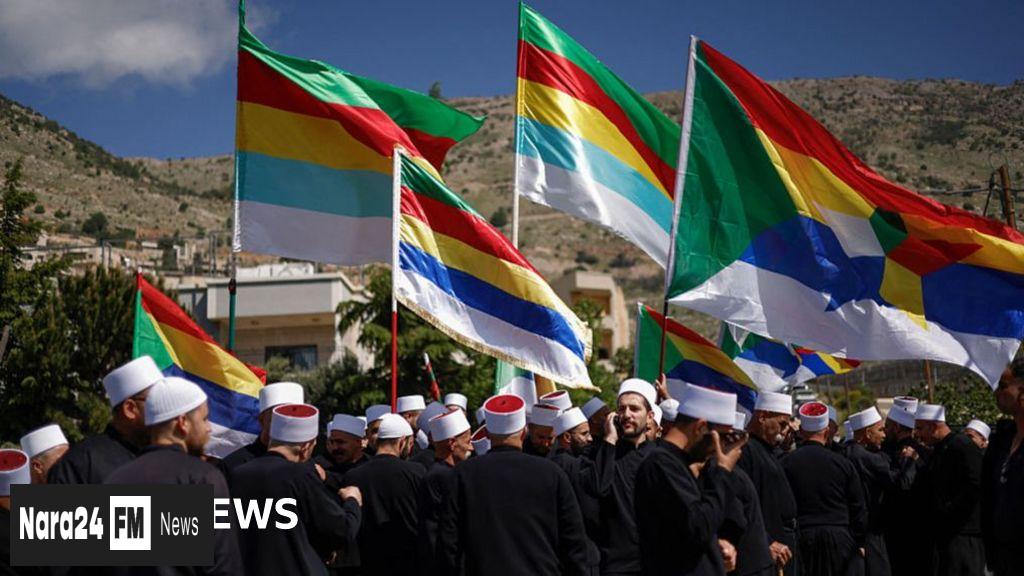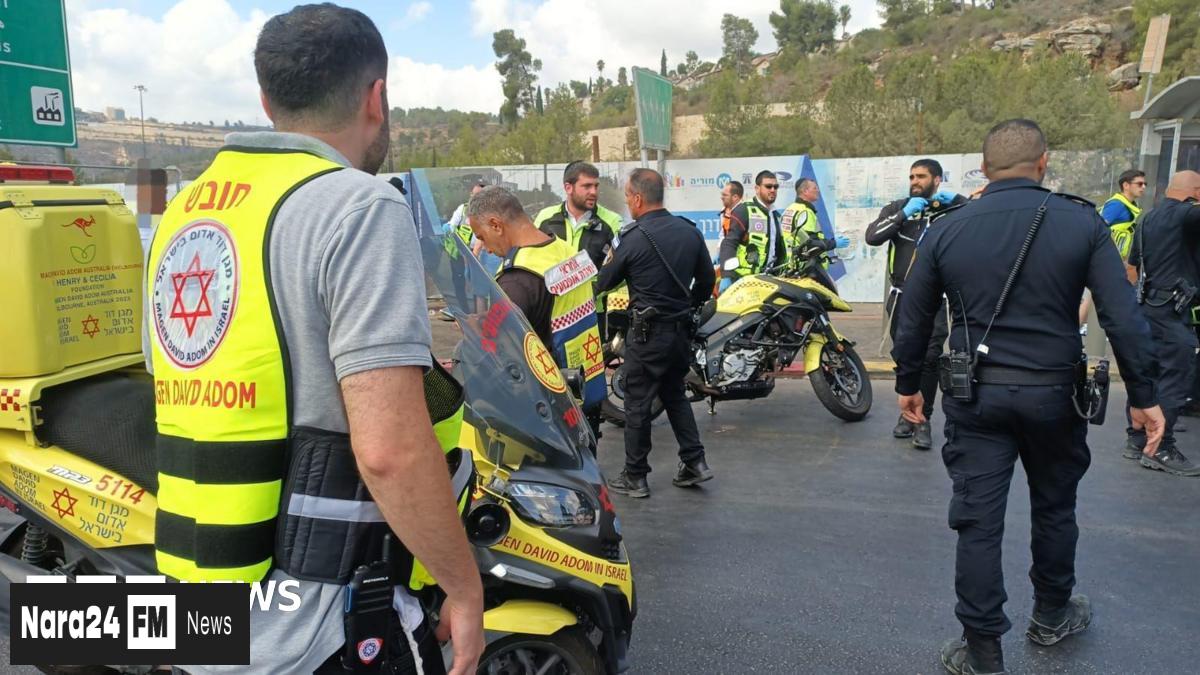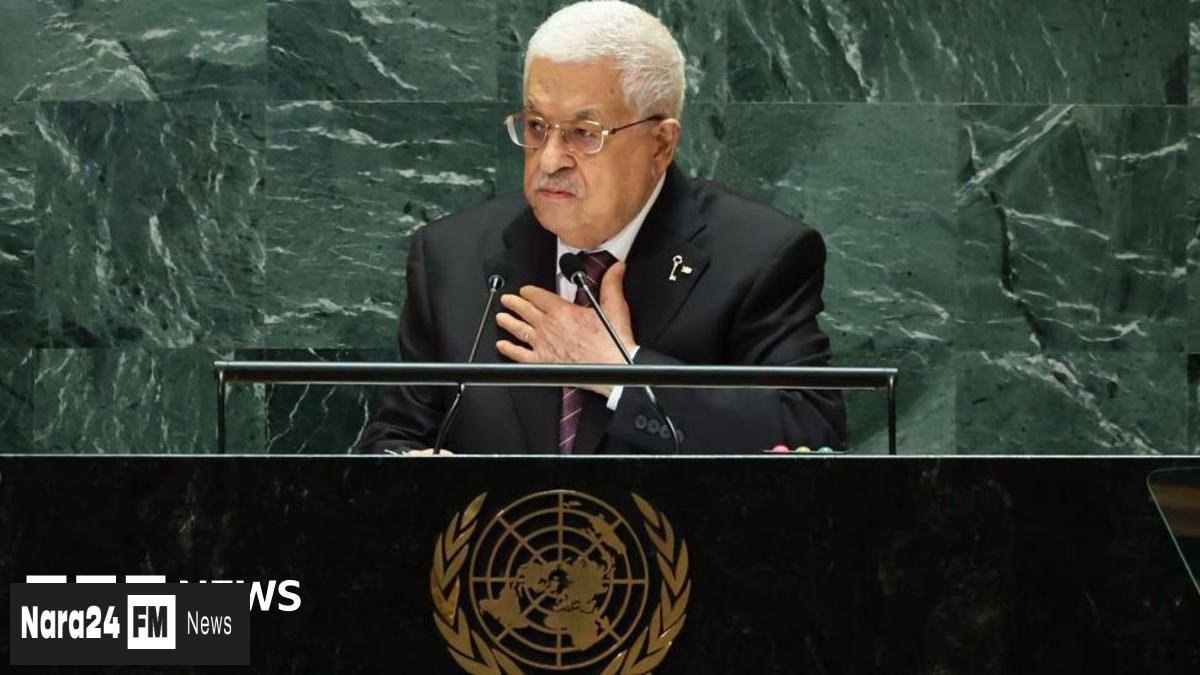In This Article
- Sectarian Violence in Syria
- Israel's Military Intervention
- Druze Community Background and Resistance
- International Reactions and Regional Implications
Key Takeaways
- Deadly sectarian violence in Syria, including clashes between Druze militias and Sunni Bedouin fighters, has led to widespread unrest and over 350 deaths in Suweida.
- Israel intervened militarily in Syria to protect the Druze community, targeting pro-government forces involved in attacks on them, marking a significant escalation in the conflict.
- The Druze in Syria, constituting about 3% of the population, have resisted the new government's attempts to impose authority, leading to mistrust and accusations of summary executions by Syrian forces.
- Israel's actions, including strikes near Damascus and in Suweida, aim to deter Syrian army deployment in the south and establish a demilitarized zone near its northern border, but have drawn mixed international reactions.
- The escalating violence highlights the challenges of achieving stability in Syria, with Israel's involvement adding complexity to the fragile security landscape.
A surge of deadly sectarian violence in Syria has brought renewed attention to the country's fragile security situation as its new government struggles to assert control over fractured territories. The recent abduction of a Druze merchant on July 13 sparked intense clashes between Druze militias and Sunni Bedouin fighters in southern Syria, leading to widespread unrest.
By July 15, Israel intervened militarily, citing the need to protect the Druze community and target pro-government forces allegedly involved in attacks on them in Suweida. According to the Syrian Observatory for Human Rights, at least 350 people have been killed in Suweida since the violence began. This marks the first major outbreak of conflict in the Druze-majority province since April and May, when clashes between Druze fighters and Syrian security forces resulted in dozens of casualties.
The Druze, an Arabic-speaking ethno-religious minority, are primarily concentrated in Syria, Lebanon, Israel, and the occupied Golan Heights. With approximately one million followers worldwide, half reside in Syria, where they constitute about 3% of the population. In Israel, the Druze community is often seen as loyal to the state, with many members serving in the military. However, in Syria, the Druze have historically occupied a precarious position, especially during the country's 14-year civil war, where they maintained their own militias in the south.
Since the fall of former ruler Bashar al-Assad in December 2023, the Druze have resisted attempts by the new government to impose authority over southern Syria. While some Druze factions remain cautious, others outright reject the new authorities, opposing the presence of Syrian security forces in Suweida and relying instead on local militias for protection. Despite government promises to restore order, accusations of "summary executions" of Druze individuals by Syrian forces have deepened mistrust within the community.
Israel has increasingly positioned itself as a protector of Syria's minorities, including the Druze, Kurds, and Alawites. In May, Israel launched strikes near the presidential palace in Damascus, warning against attacks on the Druze. However, some Druze leaders in Syria and Lebanon accuse Israel of exacerbating sectarian divisions to further its own regional ambitions.
Israel's recent strikes in Syria, particularly on July 15 and 16, targeted security forces and key government sites in Suweida and Damascus. These actions are seen as a deterrent against the Syrian army's deployment in the south and an effort to establish a demilitarized zone near Israel's northern border. The strikes represent the most significant escalation since December 2023, when Israel destroyed hundreds of military sites across Syria and seized a UN-patrolled buffer zone in the Golan Heights.
International reactions have been mixed. U.S. Secretary of State Marco Rubio expressed "grave concern" over the violence, while several Arab nations, including Lebanon, Iraq, and Qatar, condemned Israel's actions. Turkey, a key player in post-Assad Syria, criticized the strikes as destabilizing.
As Syria grapples with the fallout from years of civil war and recent Islamist-led rebel takeovers, the escalating violence underscores the challenges of achieving stability in the region. With Israel's involvement adding another layer of complexity, the future of Syria's fragile security landscape remains uncertain.








Comments (0)
Leave a Comment
Be the first to comment on this article!